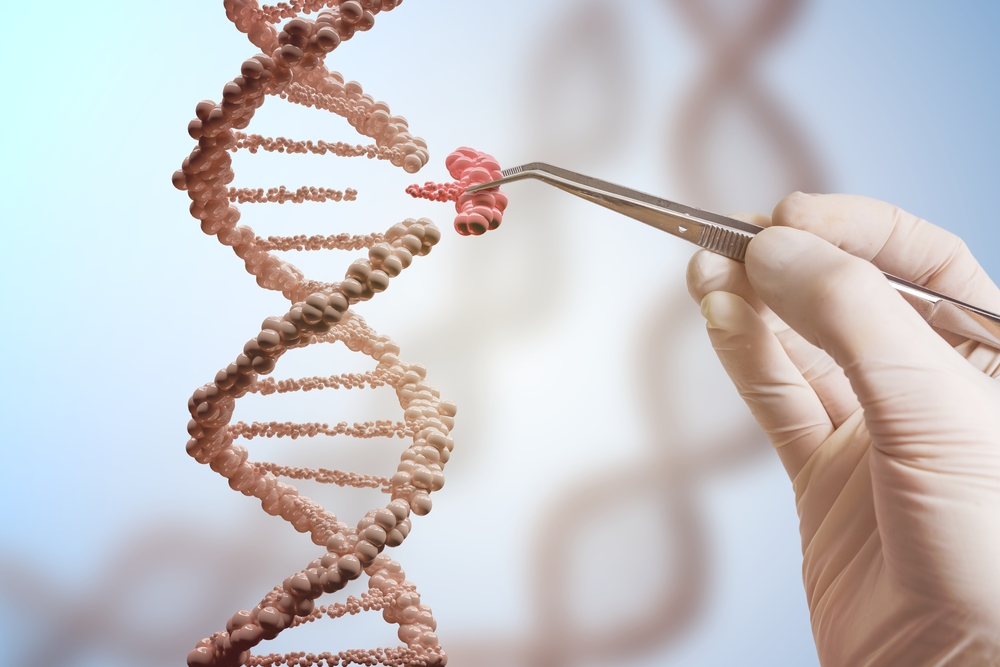Lonza to Produce Aruvant’s ARU-1801 for Pivotal Trial
Written by |

A recent manufacturing agreement between Aruvant Sciences and Lonza will advance the development of ARU-1801, an investigational gene therapy for the treatment of sickle cell disease (SCD).
Under the agreement, Lonza will be responsible for producing Aruvant’s gene therapy for an upcoming pivotal clinical trial. The company already has begun transferring manufacturing activities to establish a robust production of ARU-1801.
Once the process is complete, the treatment will be produced under current Good Manufacturing Practices — standards set to ensure that batches of a medicine are produced with consistent high quality.
“We are partnering with Lonza, one of the world’s leading cell and gene therapy manufacturing organizations, to help us manufacture our gene therapy ARU-1801, a potential cure for sickle cell disease that can be given with one low dose of chemotherapy,” Palani Palaniappan, PhD, Aruvant chief technology officer, said in a press release.
The long-term agreement with Lonza is in line with Aruvant’s hybrid supply model, under which company experts will be leading world-leading manufacturing organizatons in the production of ARU-1801.
“Our internal cell therapy process expertise combined with Lonza’s cell processing know-how provide the perfect combination to manufacture ARU-1801 for our pivotal study. As we advance our gene therapy through clinical trials, this partnership signifies a critical milestone in the development pathway,” Palaniappan said.
ARU-1801 is an experimental one-time gene-editing cell therapy that modifies a patient’s blood cell precursors (hematopoietic stem cells) to increase the production of fetal hemoglobin in red blood cells. Fetal hemoglobin, a version of hemoglobin found in newborns, is more efficient at transporting oxygen than its adult counterpart.
It works by inserting a modified version of gamma-globin — a subunit of fetal hemoglobin — into the stem cells using a special vector called a lentivirus.
By increasing fetal hemoglobin levels, ARU-1801 is expected to restore red blood cell function and improve oxygen transport, lessening disease symptoms.
“Our track record in the cell and gene therapy space makes us the ideal partner to help manufacture ARU-1801, a differentiated gene therapy that is an important future option for patients with sickle cell disease,” said Alberto Santagostino, senior vice president, head of cell and gene technology at Lonza. “Through a strong integrated team effort, together we can bring a life-changing medicine to patients.”
ARU-1801 is under investigation in the open-label Phase 1/2 MOMENTUM clinical trial (NCT02186418), which is ongoing across clinical sites in the U.S., Canada, and Jamaica.
Participants, a total of 10 adults ages 18 to 45, will undergo harvesting of blood stem cells from the bone marrow. The cells are then treated with ARU-1801, and infused back into the patient.
Prior to infusion, patients undergo a conditioning regimen that involves low-intensity chemotherapy and/or radiotherapy to clear the “defective” blood-forming stem cells and create room for the genetically modified cells to expand in the bone marrow.
If successful, patients will be evaluated for up to 15 years after receiving the treatment. The goal is to assess whether a single treatment is sufficient over a lifetime or, if not, how frequently patients need to be treated.
ARU-1801 has received orphan drug designation in the U.S. and European Union, and has been named rare pediatric disease by the U.S. Food and Drug Administration.





